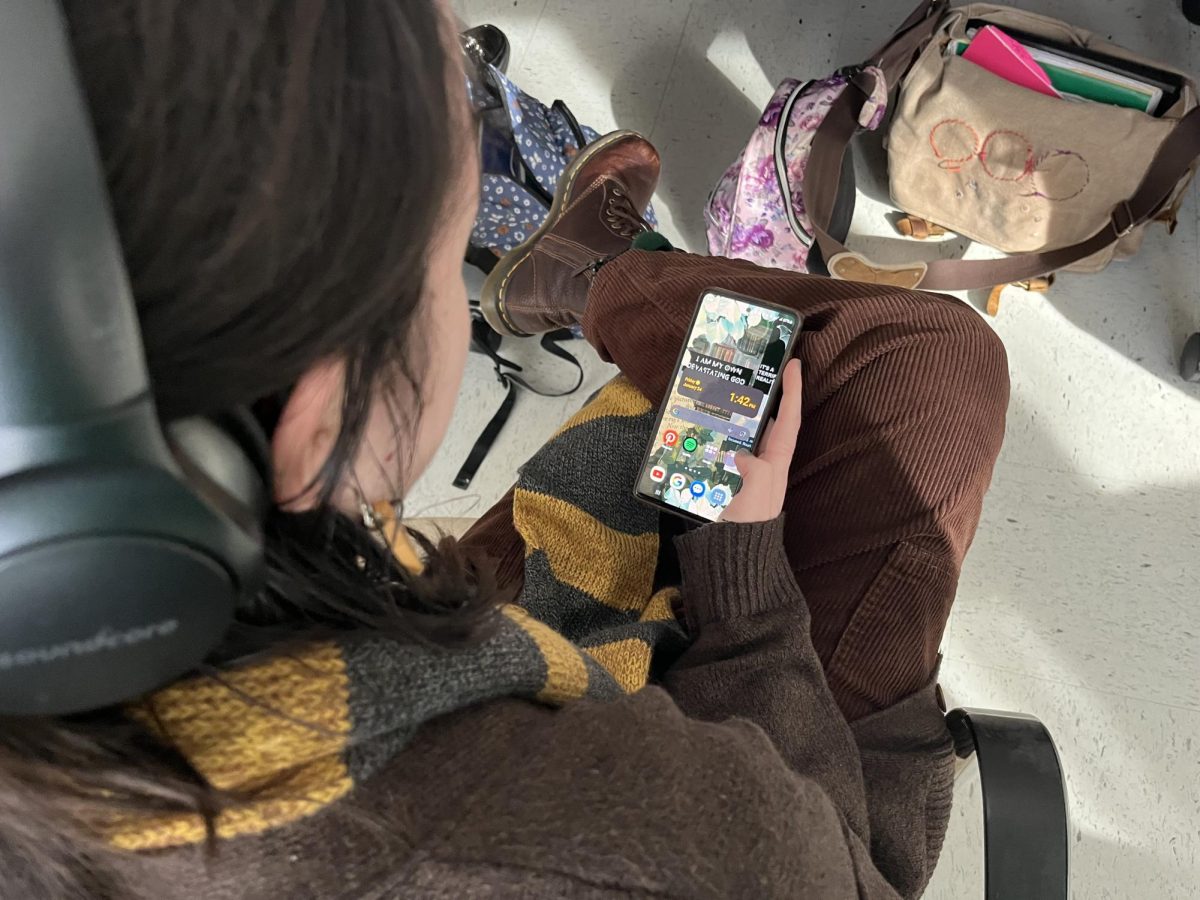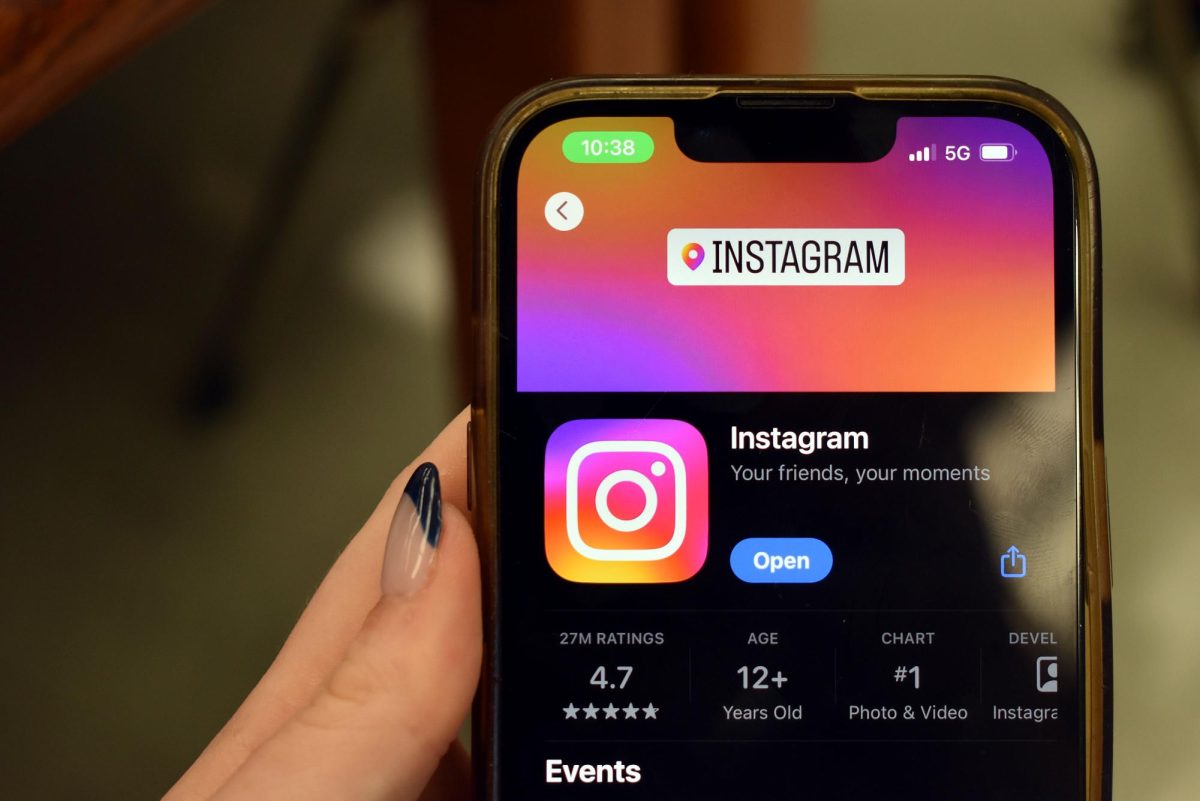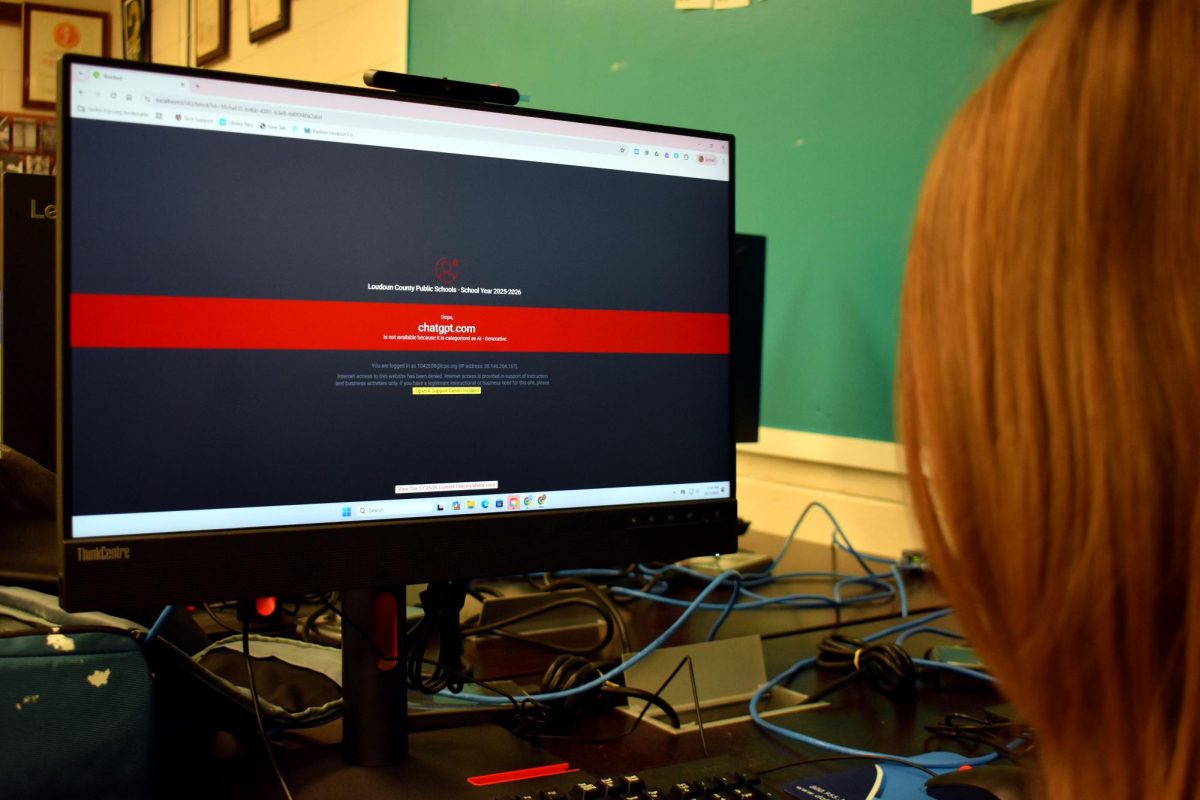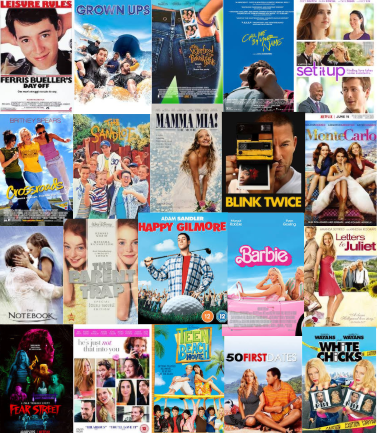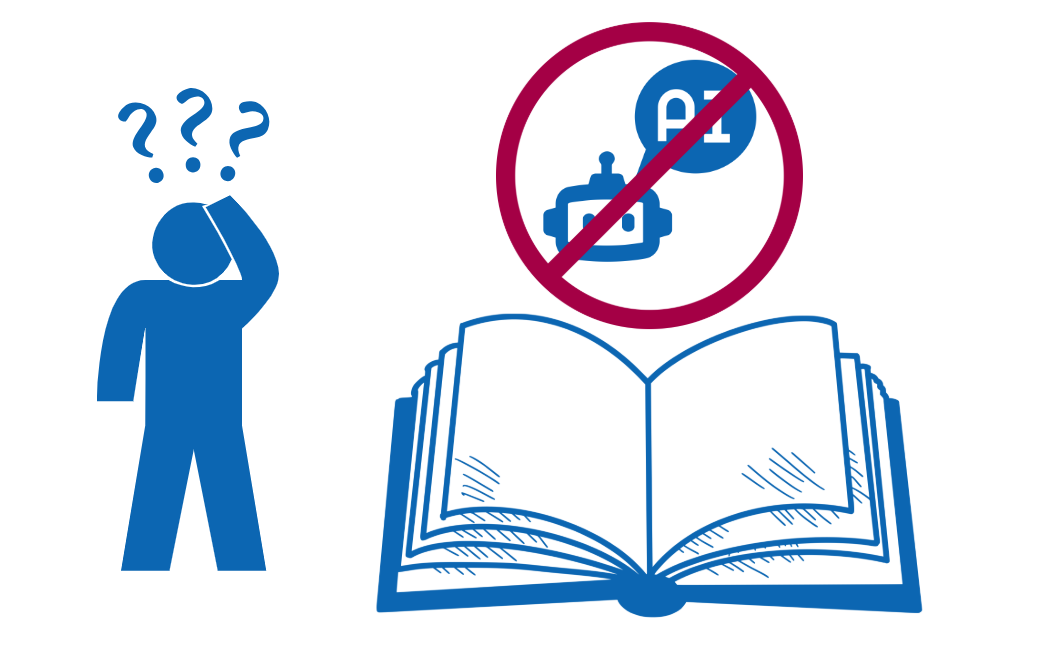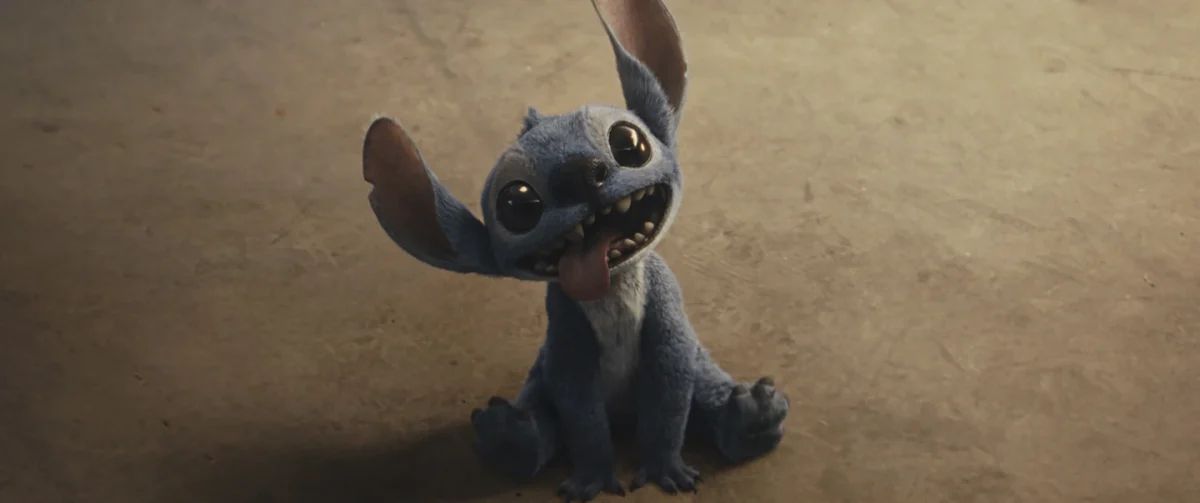Usually laughing, making light of it, social media influencers will refer to themselves as “chronically online.” This term is representative of a person who is excessively, or obsessively, engaging with online platforms.
It could even be aspirational, leaving it as something to strive for. In internet literacy, it’s admirable to be up-to-date with all the current and upcoming online trends — if that’s even possible.
However, as more fads appear and fade within significantly smaller time frames, being chronically online is more harmful than only using it as a healthy entertainment tool.
This is no more prominent than with the TikTok fiasco currently taking place. During the threat of banishment by the U.S. government, and then its inaccessibility for 12 hours, users were so desperate they flocked to another Chinese app, Rednote, where the security is drastically flimsy and not in a first language for most Americans.
On Instagram stories and social conversations I kept hearing the same, frantically implied sentiment: what am I going to do now?
See, this is a problem. As a generation, we are so chronically online that we rely on 20 seconds or less short-form videos to fill our time — free or not. When our precious, brainless entertainment is taken away is when we are finally faced with the withdrawal symptoms of boredom and the frustration that you can’t bury your head in the sand.
Ultimately, I’m not convinced that the return of TikTok is such a good thing, much less beneficial. It exposed more issues with its brief demise than it solved with its rise from the dead. Most prominently, the ugly truth is that we’re spending all our time on a service that doesn’t benefit us outside of brain-rot.
A point that appeared to me very clearly is that our generation lacks hobbies. Yes, we follow sports and even engage in them, but what about intellectual hobbies? Activities outside ones that require us to get our heads out of our phones teach us valuable lessons. Reading expands our vocabulary, puzzles teach us problem solving, crafts develop fine motor skills, anything that requires brainpower.
So even though TikTok appears to be back, and our addiction rushes us back onto the platform, we still need to consider what it means to be caught in its hold, or like the influencers say, “chronically online.”

